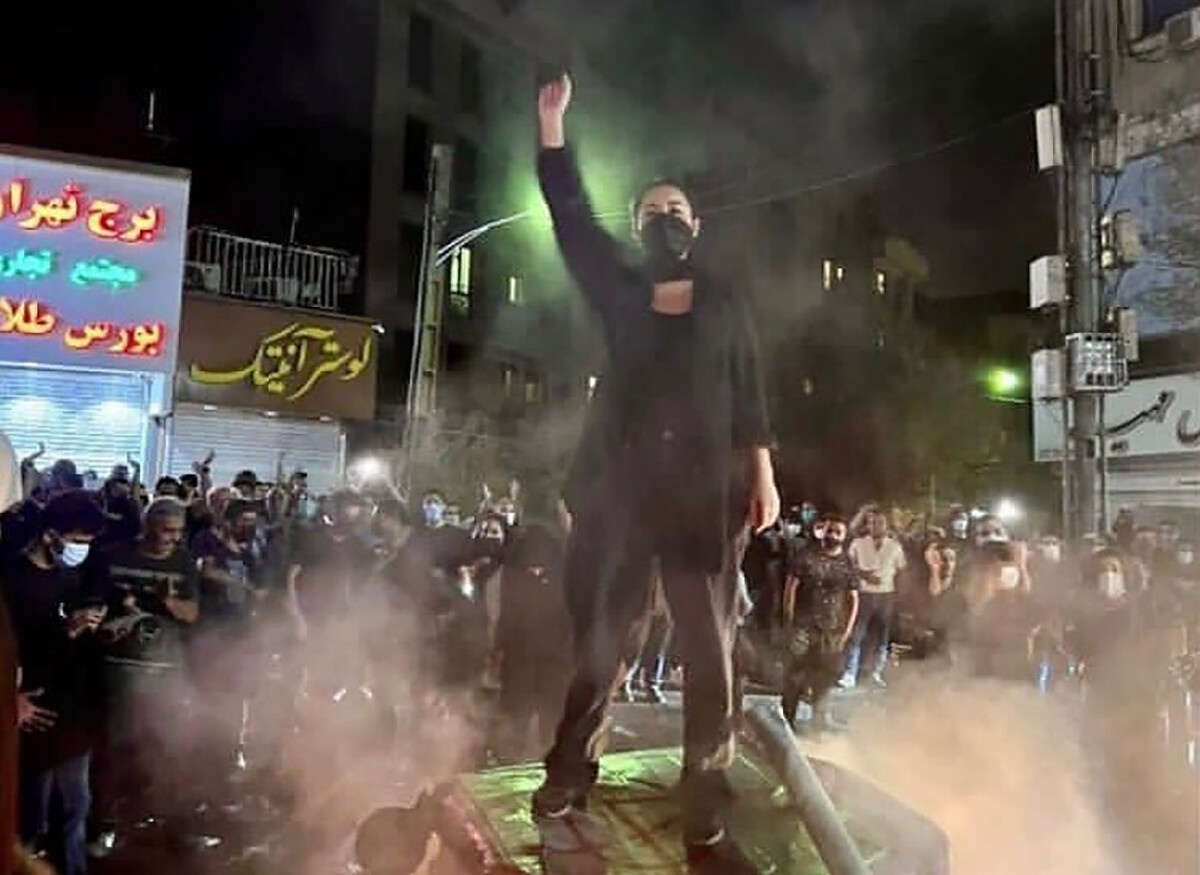On uprisings in Iran, “A Sick Planet,” Philosophy of Care, and more
It has been more than ten weeks since the murder by morality police of Mahsa (Zhina) Amini sparked massive uprisings of women across Iran, under the Kurdish feminist slogan “Women, Life, Freedom” (Jin, Jiyan, Azadi). We published a “Letter of Solidarity with Iranian Women and Protesters.” A feminist collective translated the anonymously written “Women Reflected in Their Own History,” a searing text that deals with the experience of street protests, feminist revolutionary desire, and the aesthetics of images of resistance. “The experience of the street suspends death and that’s the real fear … We are ready to die. No, we aren’t even ready. We are freed from thinking about death. We have left death behind.” Iman Ganji and Jose Rosales present an incisive analysis of the political situation, arguing that the uprisings “are the expression of a fundamental break, an increasingly generalized rupture with the current state of affairs across the whole of Iran.” And Tehran-based psychoanalyst Gohar Homayounpour describes the “birth of a new female epic hero in Iran.”
Mladen Dolar writes of a fateful encounter during Freud’s visit to Slovenia in 1898: the father of psychoanalysis meets the mayor of Vienna, Karl Lueger, in the Dantesque inferno of the Škocjan Caves. This brush with the figure of a new, emerging power (the anti-Semitic populist Lueger was a model for Hitler) neatly condenses the political mission of psychoanalysis: the “confrontation with authority after the fall of the old authorities.” Boris Groys gives an interview about his most recent book, Philosophy of Care, discussing the political and existential contradictions in the notions of caring and curing in light of the pandemic. And, in the wake of the COP27 summit, we reprinted a lesser-known essay by Guy Debord, “A Sick Planet.” Its dire prognosis of the ecological destruction wrought by capitalism, and its critique of reformism and the ideological obfuscations of scientific knowledge, have only gained in pertinence in the half-century since it was written.
Furqat Palvan-Zade’s three-part travelogue across Central Asia, stretching from Tashkent to Termez, Baku to Shusha, and Tbilisi to Amsterdam, delves into colonial histories and postcolonialisms, the politics of regional and historical names (“post-Soviet,” “Eurasia”), language, geography, family narrative, home and belonging, and the sixteenth-century Persian manuscript The Ball and the Polo Stick, or the Book of Ecstasy. Part IV is coming soon.
Continuing with our series The Contemporary Clinic, Sergio Benvenuto interrogates the “as if” personality, asking whether the majority of people are not “as ifs” floating through life, playing a role—what psychoanalysis can offer is courage, the courage to love and desire. And Nadia Bou Ali, writing from Beirut, asks how it is possible to heal in a sick society, recounting a case of psychosis that all too lucidly reflects contemporary social conditions.

